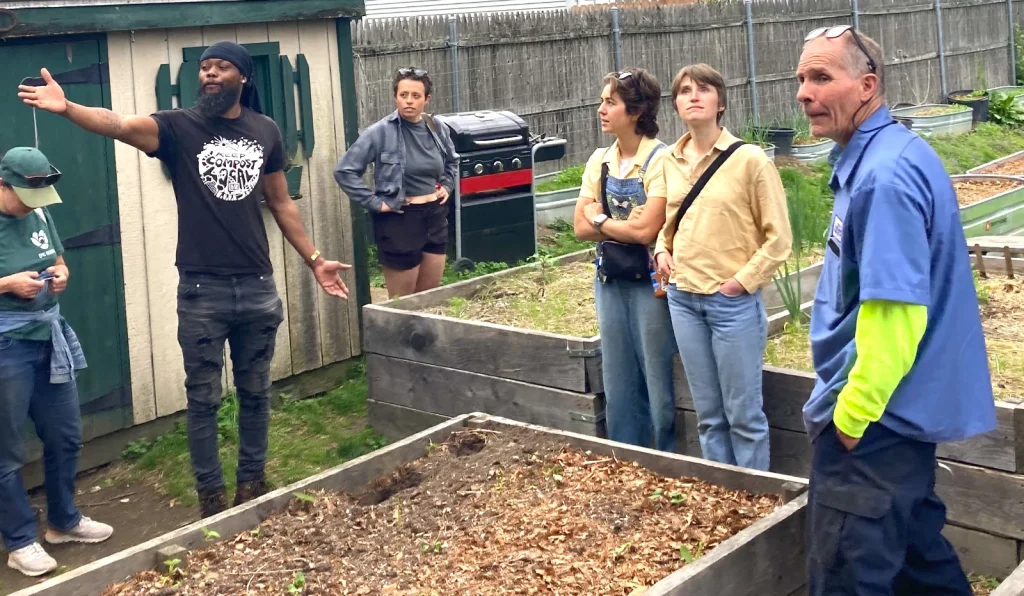
On the heels of the standing-room-only Compost Conference & Trade Show in March, Rhode Island’s compost community celebrated International Compost Awareness Week (ICAW) in early May by organizing a community driven week-long slate of site visits and talks around the state. In support of ICAW and the compost community, the Rhode Island Food Policy Council arranged for resolutions in the Rhode Island Senate and House to officially declare May 4-10 as Compost Awareness Week in the state.
RIFPC is also advocating for a statewide Compost Fund bill which would institute a $2 surcharge on food waste heading for a landfill. The revenue would go into a dedicated fund to award grants related to reducing solid waste generated in the state. Half of the grants would be awarded to municipalities and half to nonprofits, educational agencies, and for-profit organizations that can demonstrate how they will reduce, donate, or compost wasted food. The House and Senate’s finance committees have held hearings on their respective bills, H5195/S104, which are being held for further study.
Three municipalities—Providence, Barrington, and South Kingstown—have signed letters of support for the bill to date.
“Municipalities are the most engaged entities when it comes to waste contracts,” says Isaac Bearg, RIFPC’s food, climate, and environment program director. “They have the most to gain from eliminating waste and the most to lose by inaction as prices on waste to the landfill continue to rise as we approach the closure of our landfill. So we’re asking more cities and towns to support the Compost Fund bill by passing a town resolution.”

